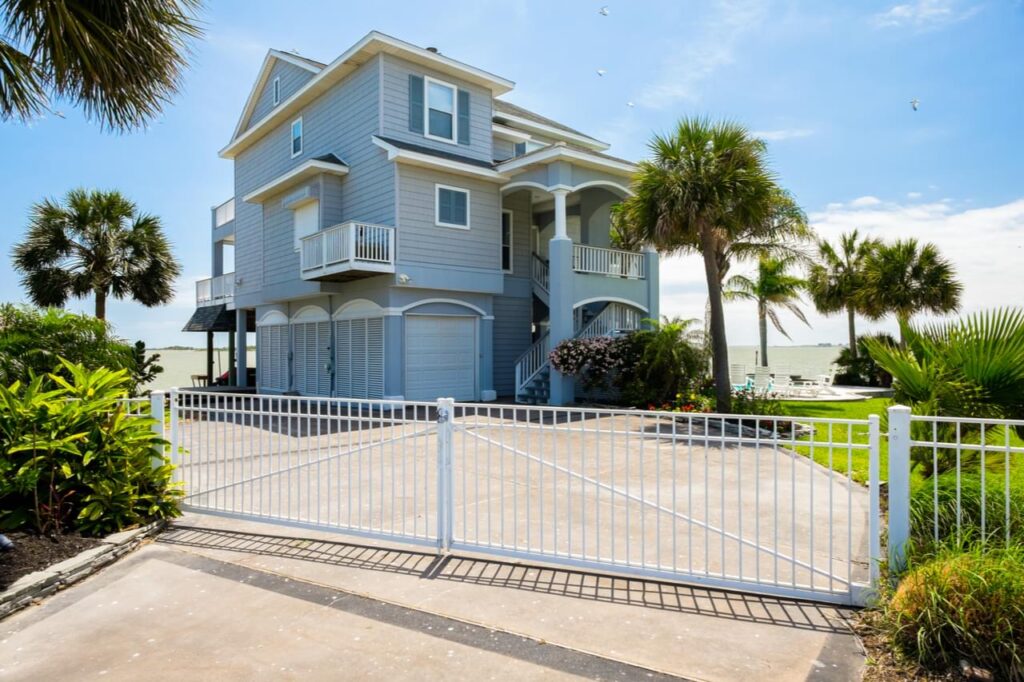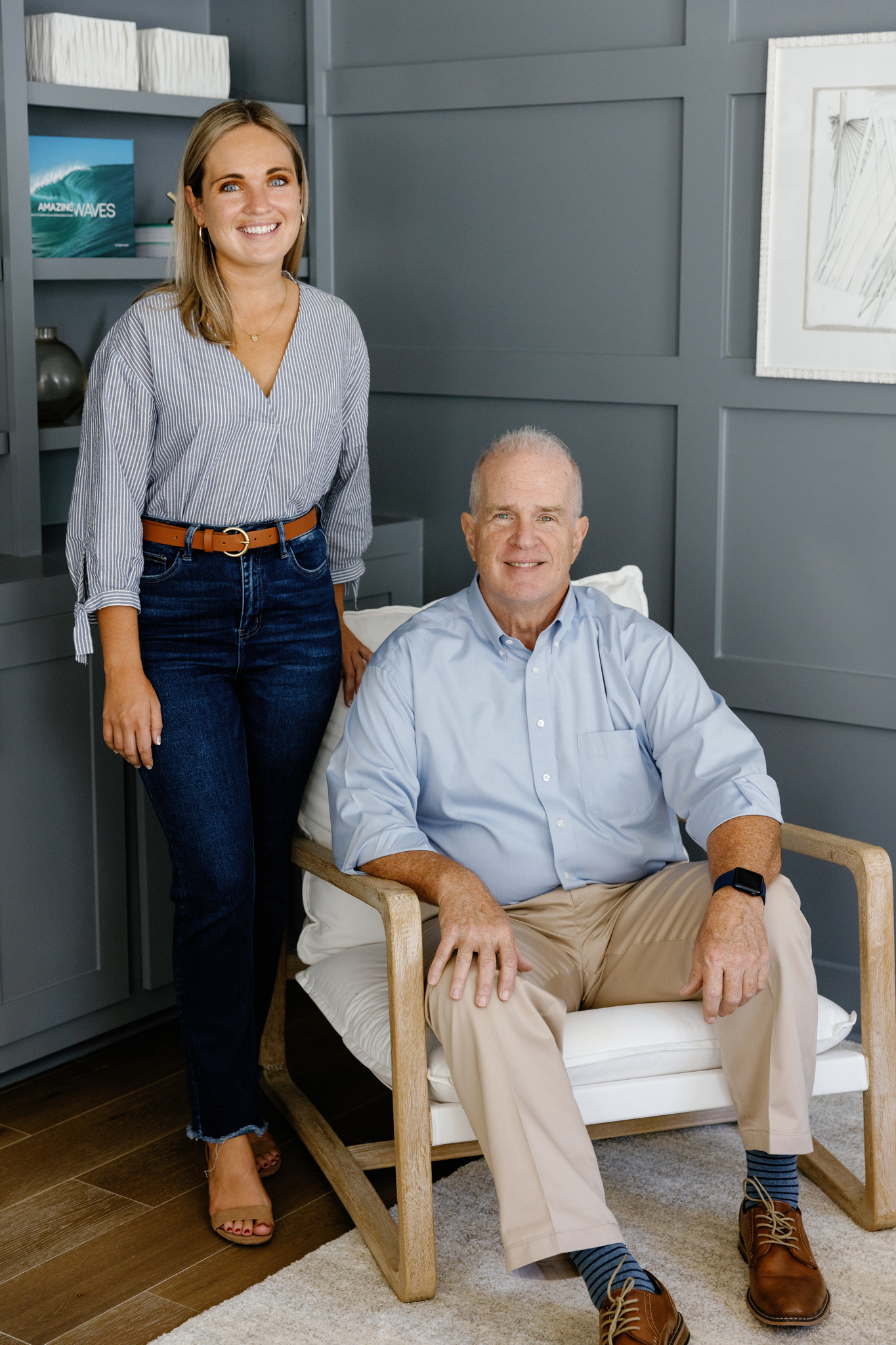A Common Question…Can You Do a 1031 Exchange on a Second Home?
In most cases, no. A second home counts as personal-use property, which does not qualify. Consequently, if you rent your second home, report the income, and follow the IRS rules, you may be able to use a 1031 exchange.
IRS Rules: 1031 Exchange on a Second Home
The IRS allows a 1031 exchange only for real estate held for investment or business. Personal-use properties, like vacation homes or second residences, don’t qualify. This comes directly from Section 1031(a)(1) of the Internal Revenue Code.
Let’s say you own a beach house at Folly Beach that’s only for family vacations, it won’t qualify. However, if you rent it, track the income, and treat it as an investment, you may have a path for it to qualify as an investment property..
Safe Harbor: How to Make a Second Home Eligible for a 1031 Exchange

The IRS issued safe harbor rules (Revenue Procedure 2008-16). These guidelines help second-home owners prove investment intent. To qualify for a 1031 exchange on a second home:
- You must have owned the property for at least 24 months before the exchange.
- Additionally, you will need to rent it for at least 14 days each year at fair market value.
- And you must limit your personal use to 14 days or 10% of the rental days, whichever is greater.
Following these rules will show the IRS that your second home is truely held for investment, not just personal enjoyment.
Charleston Examples: Vacation Homes and 1031 Exchanges
Charleston-area owners often ask about Folly Beach, Isle of Palms, or Kiawah Island second homes. If you only use your beach property for personal vacations, it won’t qualify. If you rent it out each summer, limit personal use, and document activity, it may qualify for a 1031 exchange.
With coastal property values rising sharply in the Lowcountry, deferring taxes matters. So, if you sell your beach rental without doing a 1031 exchange, you could trigger tens, if not hundreds of thousands of dollars in taxes. Using a 1031 lets you roll that equity into a larger property or investment like a DST. (Delaware Statutary Trust)
1031 Exchange Pitfalls to Avoid
Common Second Home mistakes owners make include:
- Not documenting rental activity with leases, ads, or tax returns.
- Excessive personal use of the property.
- Trying to exchange a property that was never rented.
- Mis-classifying a flip or resale property as investment property.
Bill Byrd’s Advice on 1031 Exchanges for Second Homes
Bill Byrd, a Certified Keller Williams Real Estate Planner and Real Estate Wealth Advisor, helps investors prepare their second homes for 1031 exchanges. So if you’re eventually going to sell your vacation property, you should start renting as soon as possible. Keep good records and begin to build your team with a qualified intermediary, CPA, Financial Planner and Attorney.
Bill teaches investors and agents across the Carolinas and Virginia how to use 1031 exchanges correctly. His guidance makes sure property owners avoid mistakes and maximize their tax benefits.
Professional Note
This blog is for education only. It is not tax, legal, or financial advice. As always consult a licensed CPA, tax advisor, or attorney before making 1031 exchange decisions.
Ready to Explore a 1031 Exchange?
Most second homes don’t qualify for a 1031 exhange. However, converting your vacation property into an investment property may open the door. A 1031 exchange on a second home can help you defer taxes and preserve equity. To learn more, call Bill Byrd at 843-972-7670 and schedule a consultation.

About the Authors
Bill Byrd and Waverly Byrd serve clients throughout the Charleston area as Real Estate Wealth Advisors, helping individuals and families navigate complex property decisions connected to life transitions and long-term planning. Their work often involves, tax-advantaged 1031 exchanges, probate and estate property sales, divorce-related real estate solutions, trusts, and senior relocation, situations where informed coordination and careful timing can significantly impact outcomes.
With decades of experience, Bill and Waverly emphasize education, clarity, and collaboration. They regularly work alongside financial planners, tax professionals, and attorneys to help clients understand their options and align real estate decisions with broader financial and estate planning goals. As a father-and-daughter team, they guide clients through sensitive transactions with discretion, organization, and a steady, well-informed approach across the Lowcountry.
